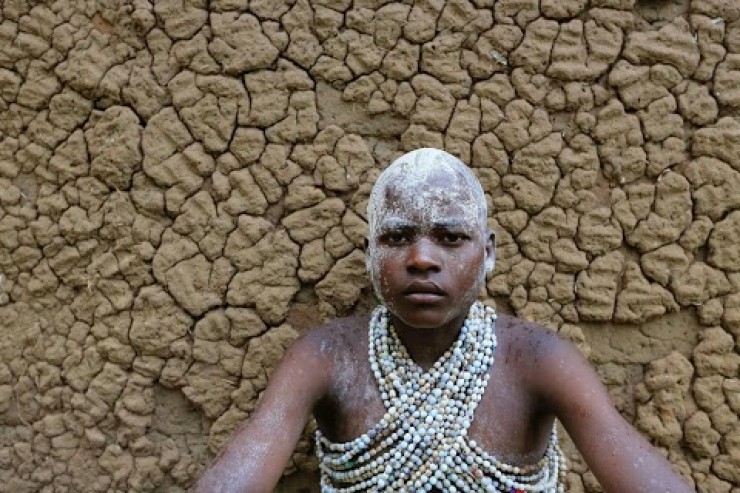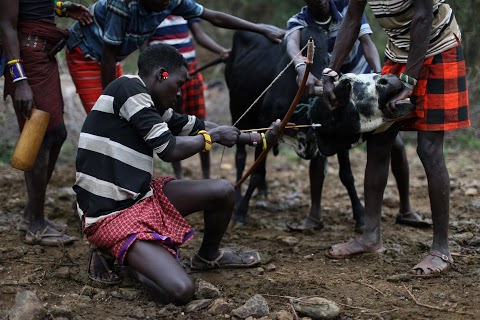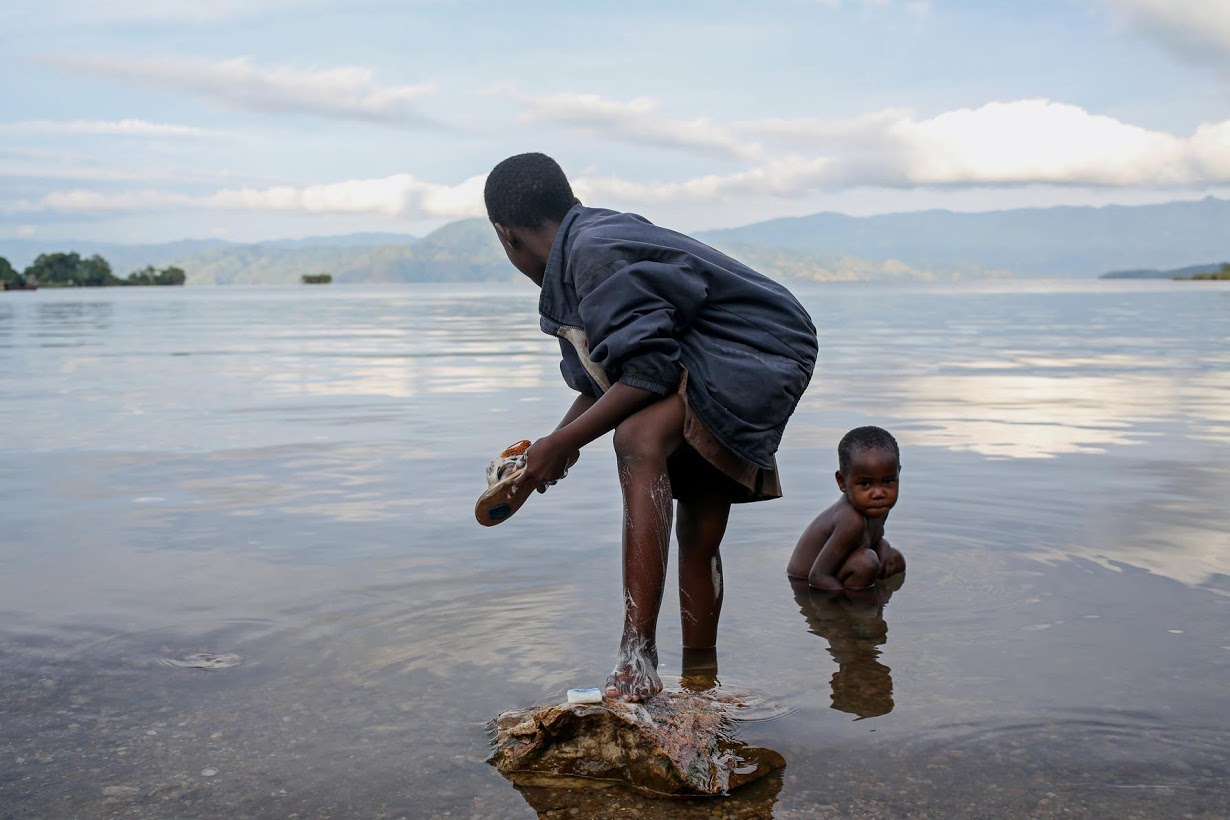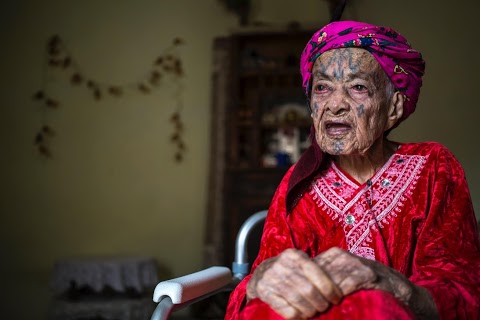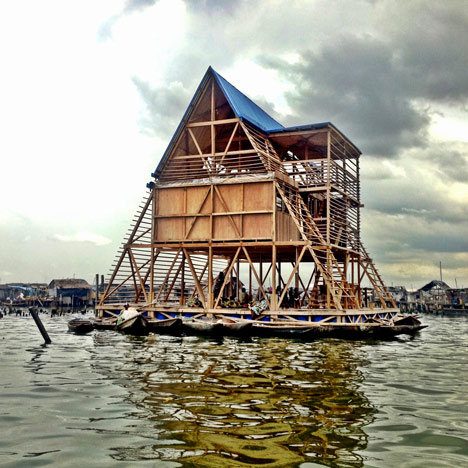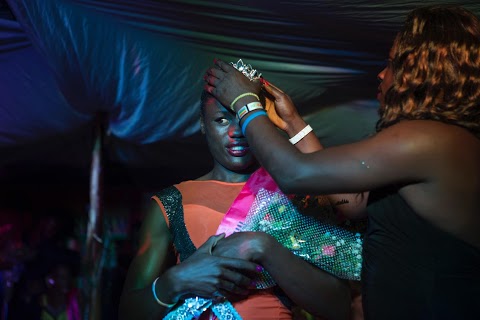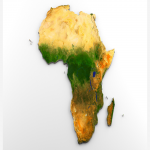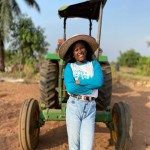KENYA: BECOMING A MAN
Among the Bukusu tribe in western Kenya the traditional rites of passage, which mark a boy’s journey into manhood, include being circumcised.
The adolescents undergo the ritual in public and without flinching, to prove their courage to the community. Several thousand youths took part in the ceremony this year. Similar circumcision rituals and rites of passage are celebrated in many parts of Africa.
The ceremonies take place in August to give the boys enough time to heal before the school year starts and can take months to prepare.
On the day before the circumcision, the youth will visit his uncle, who slaughters a cow and dresses him with a piece of meat as a personal gift. This grants the boy permission to proceed with the ritual.
The youth is served his last meal before he becomes a man, and his uncle slaps his cheeks to test his bravery.
At dawn, the youths are escorted to a river, where they dips themselves in the cold water to numb their bodies.
Afterwards, they are smeared with mud in front of a crowd of people, before the procession embarks on a trek to the site where the circumcision will take place.
The ritual is carried out in public by a traditional circumciser and without an anaesthetic. The youth must face it bravely without flinching, to demonstrate their courage.
Once the bleeding slows, the initiate is then escorted into his father’s house, which he enters by walking backwards.
A Bukusu youth, who was just circumcised, sits with his parents.
The circumcision is followed by a period of seclusion, after which the initiates take part in another ritual before they are reintegrated into society.
Complications that can result from the circumcisions have led to groups such as the World Health Organization (WHO) to encourage both medical circumcisions and the training of traditional circumcisers.
Evidence suggests that male circumcision reduces the risk of heterosexually acquired HIV infection in men by about 60 percent, according to WHO and UNAIDS research.
[10/05, 21:33] Dapo Olumurphy Aruwajoye: Uganda: Gay Pride.
Homosexuality is taboo in almost all African countries and illegal in most including Uganda, where rights groups say gay people have long risked jail. Fear of violence, imprisonment and loss of jobs means few gays in Africa come out.
It’s almost a year since a constitutional court overturned legislation that would have strengthened punishments for anyone caught having gay sex. Influential evangelical pastors have urged Ugandan legislators to reintroduce the law since it was quashed.
Members of the lesbian, gay, bisexual and transgender (LGBT) community in Uganda do celebrate Gay Pride near the capital Kampala.
It’s a community that still largely lives in the shadows.
A march took place in an undisclosed location, with people holding information posters and playing music about being gay in Uganda. They kept the exact location under wraps because of concerns about safety.
While homosexuality is illegal in Uganda, many in the LGBT community are more afraid of hostility from their next-door neighbours than from the law. Those who have found places to live are always afraid of who notices them and how the general wider community reacts.
The solidarity among the LGBT community in Uganda is very strong. Many are searching to affirm their identity and looking for people they can identify with. Members of the LGBT community in Uganda generally live and hang out together.
The overturn of more draconian legislation last year was an important victory, one of many the LGBT community hopes to fight for and win in the future.
U.S. President Barack Obama’s vocal support for gay rights in Africa has given them an extra pinch of encouragement and zeal to fight repressive laws.
Participants in Pride are hopeful that, with time, fellow Ugandans come to accept them as their brothers and sisters
